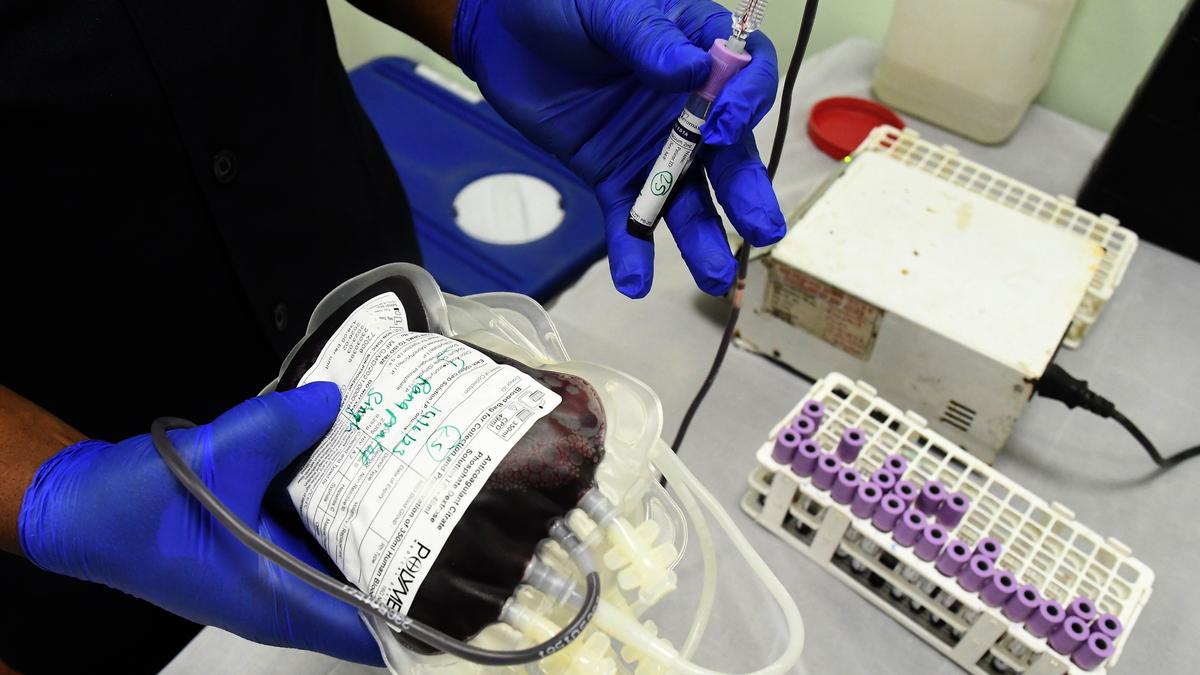Gwada Negative

- 25 Jun 2025
In News:
In a landmark discovery for transfusion science, France’s national blood agency (Établissement Français du Sang – EFS), in June 2025, identified a completely new blood group system. Officially recognized by the International Society of Blood Transfusion (ISBT) as the 48th blood group system, it is termed EMM-negative and is informally called “Gwada Negative”, after Guadeloupe, the origin of the only known individual with this blood type.
What is Gwada Negative (EMM-negative)?
- EMM-negative is defined by the absence of the EMM antigen, a high-incidence antigen normally present on red blood cells in nearly all humans.
- High-incidence antigens are so common that individuals lacking them are considered extremely rare and face critical challenges in blood transfusion compatibility.
- The ISBT registered this as ISBT042, making it the latest addition to global blood group systems.
Discovery Timeline
- 2011: A 54-year-old woman from Guadeloupe, living in Paris, underwent pre-surgical blood testing. Her blood showed unidentified antibodies that did not match any known blood group systems.
- 2019: With advancements in Next-Generation Sequencing (NGS), researchers led by Dr. Thierry Peyrard (EFS) identified the unique genetic mutation responsible for the absence of the EMM antigen.
- 2025: After peer-reviewed validation, the ISBT officially recognised the EMM-negative system during its Milan meeting.
Why is it So Rare?
- This woman is the only known person in the world with the EMM-negative blood type.
- She inherited the rare gene mutation from both parents, leading to a complete absence of the EMM antigen in her red blood cells.
- Since the EMM antigen is nearly universal, her blood is compatible only with itself, making transfusions extremely high-risk unless a genetically identical donor is found.
Clinical Significance
- Individuals lacking high-incidence antigens like EMM may develop alloantibodies — immune responses against transfused red cells containing those antigens.
- Transfusion of EMM-positive blood into such individuals can cause hemolytic reactions, including life-threatening hemolysis (premature red blood cell breakdown).
- In this case, no donor blood currently available is safe for transfusion into the patient.
Implications for Transfusion Medicine
- Highlights the need for rare blood donor registries, international cooperation, and advanced genetic screening technologies to identify such rare phenotypes.
- Encourages development of precision-matching protocols in complex clinical and emergency situations.
- Expands the understanding of human immunohematological diversity and redefines transfusion compatibility standards.
